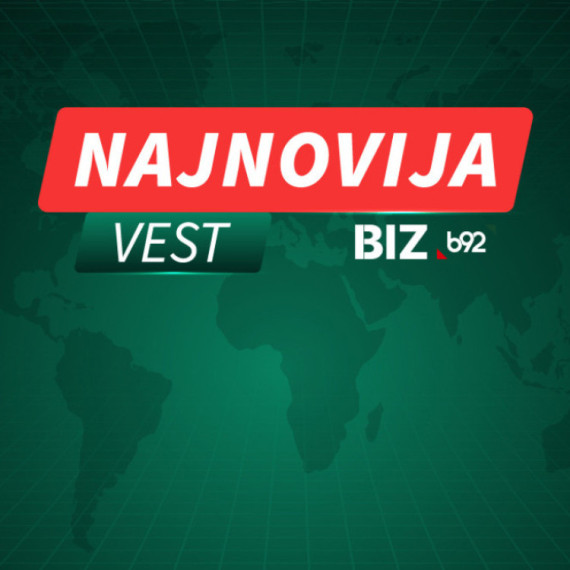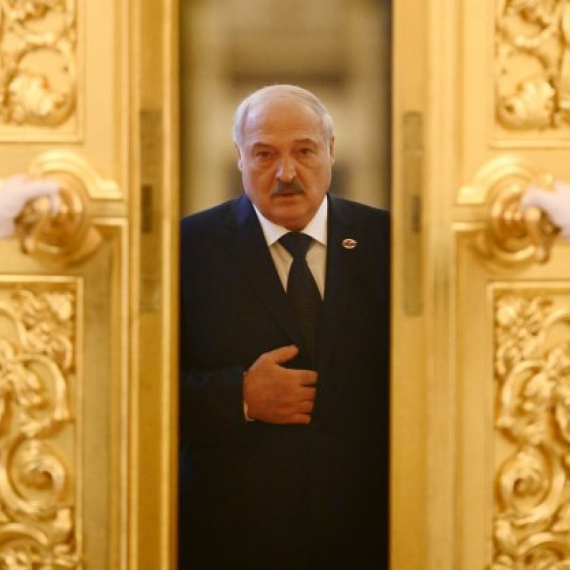"Partnership for Peace cooperation must improve"
A presidential adviser says feuds between the ruling parties have hampered Partnership for Peace participation.
Friday, 14.12.2007.
13:16

A presidential adviser says feuds between the ruling parties have hampered Partnership for Peace participation. Bojan Dimitrijevic said that military cooperation had given results, but the problem was policy. "Partnership for Peace cooperation must improve" “One of our major obstacles is signing the security agreement and the information protection agreement, which are prerequisites in this program, and despite the insistence of the Defense Ministry, these agreements have still not received the green light from the government. This is making our cooperation more difficult,” he told B92. Dimitrijevic said that Serbia had cooperated intensively through various training programs for officers, but that because of “the policies of several parties within the government and the consistent attitude that defense is an instrument of foreign policy,” Dimitrijevic said. Serbia, Montenegro and Bosnia-Herzegovina joined the NATO Partnership for Peace program one year ago. Medium Gallup polls showed that while Serbian citizens were interested in becoming members of the European Union, they were more reserved and uninformed about NATO membership. According to the survey, 31 percent of Serbian citizens support political, but not military integration, which means that while EU membership is viewed positively, NATO and Partnership for Peace membership is not. There is also a high level of ignorance regarding the issue and NATO in general, demonstrated by the fact that only 22 percent of citizens knew that Russia was a member of the Partnership for Peace program.
"Partnership for Peace cooperation must improve"
“One of our major obstacles is signing the security agreement and the information protection agreement, which are prerequisites in this program, and despite the insistence of the Defense Ministry, these agreements have still not received the green light from the government. This is making our cooperation more difficult,” he told B92.Dimitrijević said that Serbia had cooperated intensively through various training programs for officers, but that because of “the policies of several parties within the government and the consistent attitude that defense is an instrument of foreign policy,” Dimitrijević said.
Serbia, Montenegro and Bosnia-Herzegovina joined the NATO Partnership for Peace program one year ago.
Medium Gallup polls showed that while Serbian citizens were interested in becoming members of the European Union, they were more reserved and uninformed about NATO membership.
According to the survey, 31 percent of Serbian citizens support political, but not military integration, which means that while EU membership is viewed positively, NATO and Partnership for Peace membership is not.
There is also a high level of ignorance regarding the issue and NATO in general, demonstrated by the fact that only 22 percent of citizens knew that Russia was a member of the Partnership for Peace program.



























































Komentari 0